Joining a French Class Online can be exciting and rewarding. If you plan to travel, improve your career, or simply enjoy the language, choosing the right online course matters.
With many options available, it’s easy to feel overwhelmed. Some programs focus on grammar, while others help you speak from day one.
This article is designed to help with your search. We will look at top online French classes made for adults, comparing features, costs, teaching styles, and more.
No matter your goal or schedule, there’s a course that fits. Let’s help you find the one that makes learning French feel simple and enjoyable.
How to Choose the Right French Course
Picking the right French class online depends on your goals, schedule, and how you like to learn. Some people enjoy live classes with teachers, while others prefer self-paced lessons they can do anytime.
Look for a course that fits your daily routine and keeps you motivated. If speaking is your main goal, choose a program that offers real conversation practice.
Also, check if the lessons are clear, easy to follow, and match your current level. Reviews and free trials can help you decide before paying.
Best Online French Classes & Software for Adults
With so many options available, it helps to see how each course compares. The table below gives you a quick look at some of the most popular online French programs.
You’ll find details on pricing, what each course offers, how it’s structured, and what type of learner it suits best. Use this to narrow down your choices and find the one that fits your needs.
1. Rosetta Stone
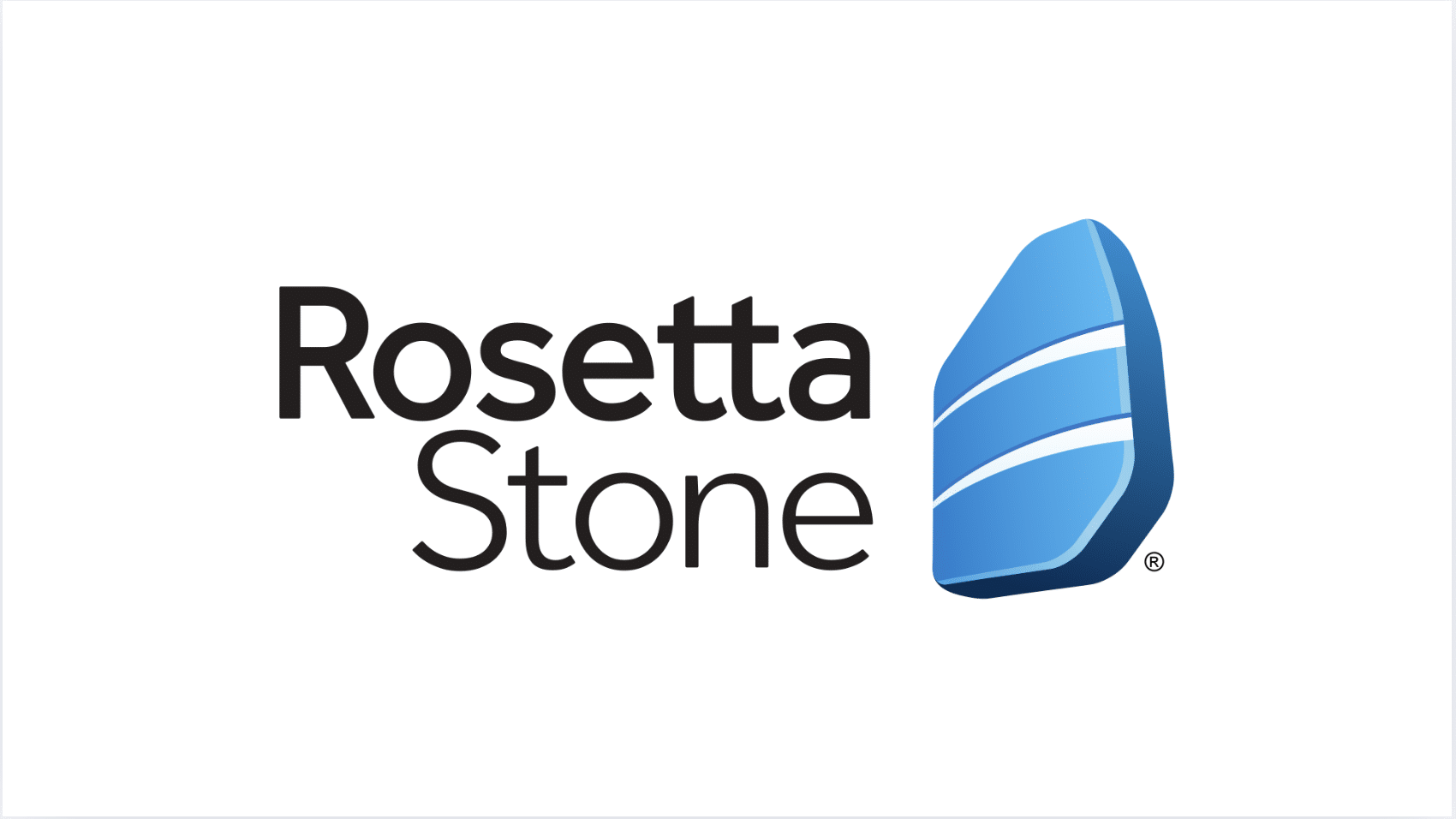
Rosetta Stoneteaches French the way children learn their first language through pictures, sound, and repetition.
The method avoids using English, which means you start thinking in French from the beginning.
Lessons are built around recognizing patterns and connecting spoken and written words to visuals. There’s also a speech recognition tool to help with pronunciation.
It’s best for people who enjoy hands-on learning rather than studying rules.
Pricing: Starts at $10.95/month with a 12-month plan. Lifetime access is also available.
Pros
- Encourages natural learning
- Voice recognition helps with pronunciation
- Clean, distraction-free design
Cons
- No grammar explanations
- Progress can feel slow for some learners
Learning Structure & Difficulty: Self-paced, visual-heavy learning. Great for beginners and lower intermediates.
2. Babbel
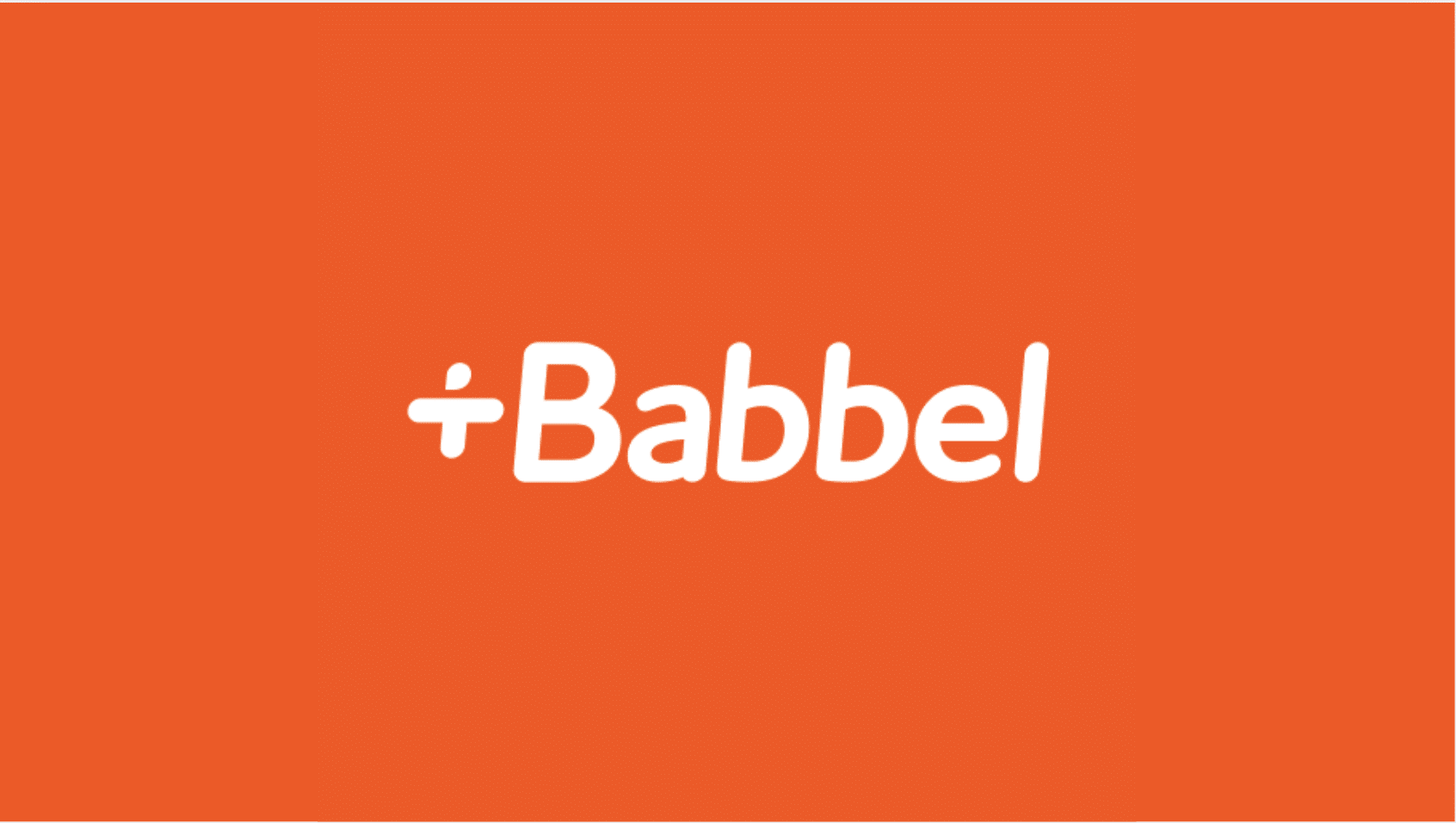
Babbel is designed for real-life use. Lessons teach you how to handle everyday conversations like ordering food, making travel plans, or introducing yourself.
The app combines reading, listening, and writing activities with helpful grammar tips along the way. You also get review sessions that help you remember what you’ve learned.
It’s great for people who want to practice a little every day and see fast progress.
Pricing: $8.45/month, with lower rates for longer subscriptions.
Pros
- Grammar tips are clear and helpful
- Quick lessons fit into daily routines
- Good mix of reading, listening, and writing
Cons
- Not much speaking practice
- Limited content for advanced learners
Learning Structure & Difficulty: Structured modules by topic and level. Best for beginners to intermediate learners.
3. Alliance Française Online
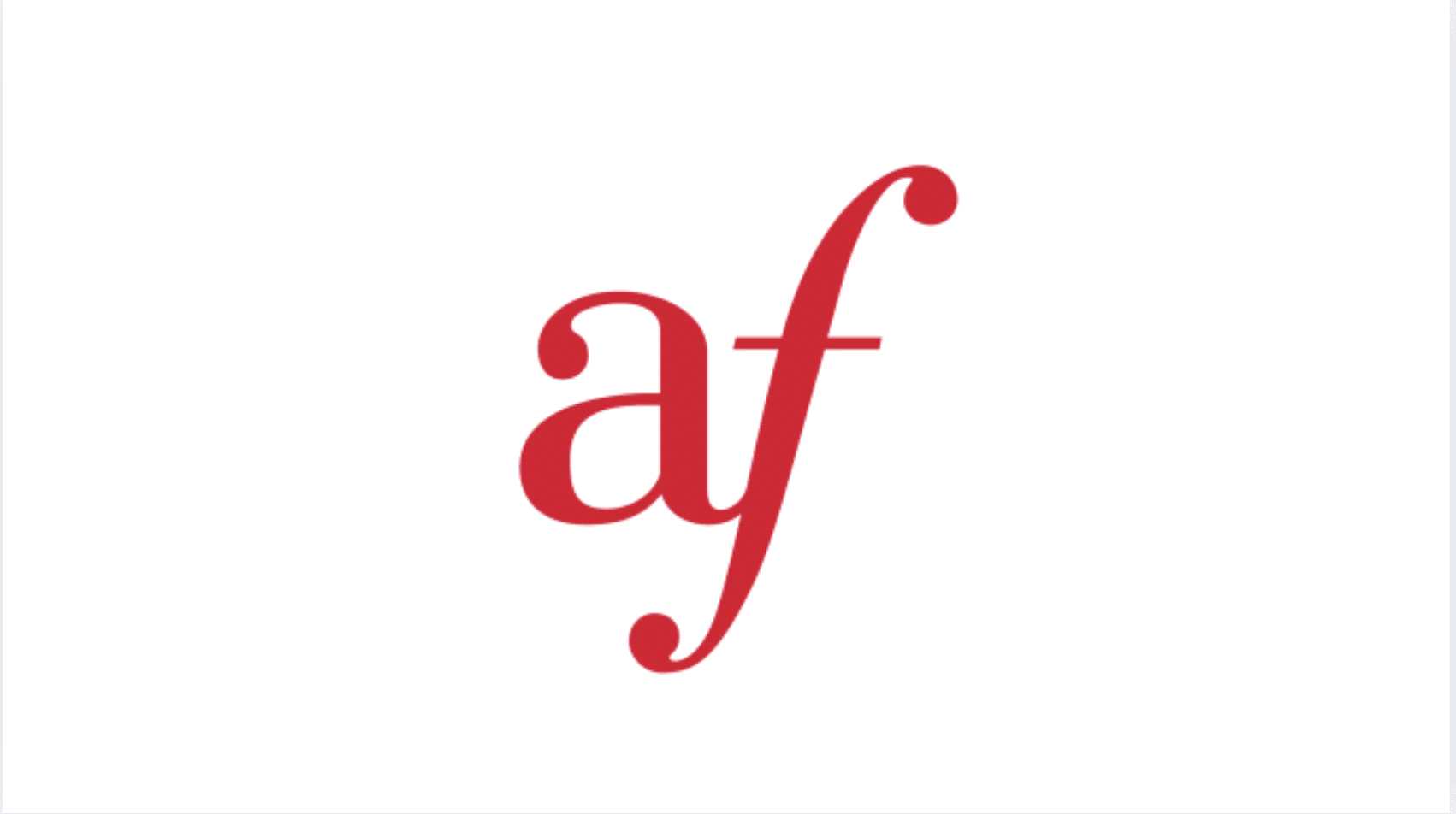
The Alliance Française is a respected French language school with branches worldwide. Their online programs bring the classroom to your home through live group or private lessons taught by certified instructors.
The classes follow international CEFR levels (A1 to C2) and are perfect for learners who want a more serious, school-like experience.
You get interaction with a teacher, structured lessons, and official certificates.
Pricing: Varies by location; group classes often cost $250–$400 per session.
Pros
- Taught by qualified instructors
- Includes CEFR-level certification
- Great for serious learners
Cons
- More expensive than other options
- Class times are fixed
Learning Structure & Difficulty: Live classes with homework and feedback. Suitable for all levels, including advanced.
4. FrenchPod101
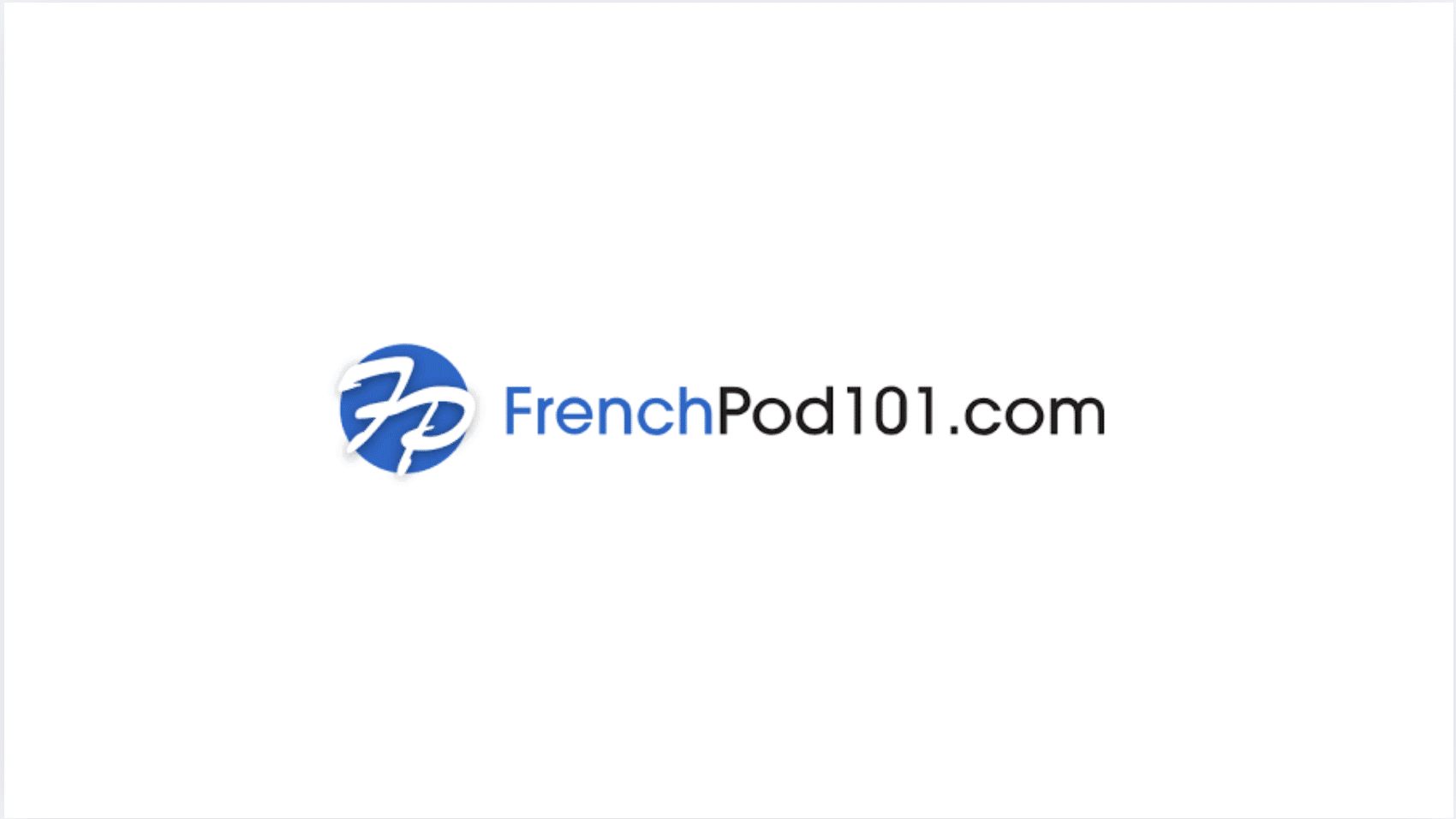
FrenchPod101is packed with hundreds of audio and video lessons led by native French speakers. It’s especially good for listening and learning practical vocabulary.
The lessons range from beginner to advanced, and you can choose your own pace. It’s best used as a companion to other study tools since it focuses more on passive learning, like listening and reading, than speaking or writing.
Pricing: Free basic plan. Premium plans range from $4 to $23/month.
Pros
- Huge library of lessons
- Mobile-friendly for easy learning
- Cultural tips included
Cons
- Not well-structured for beginners
- Less speaking and grammar practice
Learning Structure & Difficulty: Flexible lessons. Great for beginner to advanced listening skills, but works best alongside other programs.
5. Preply
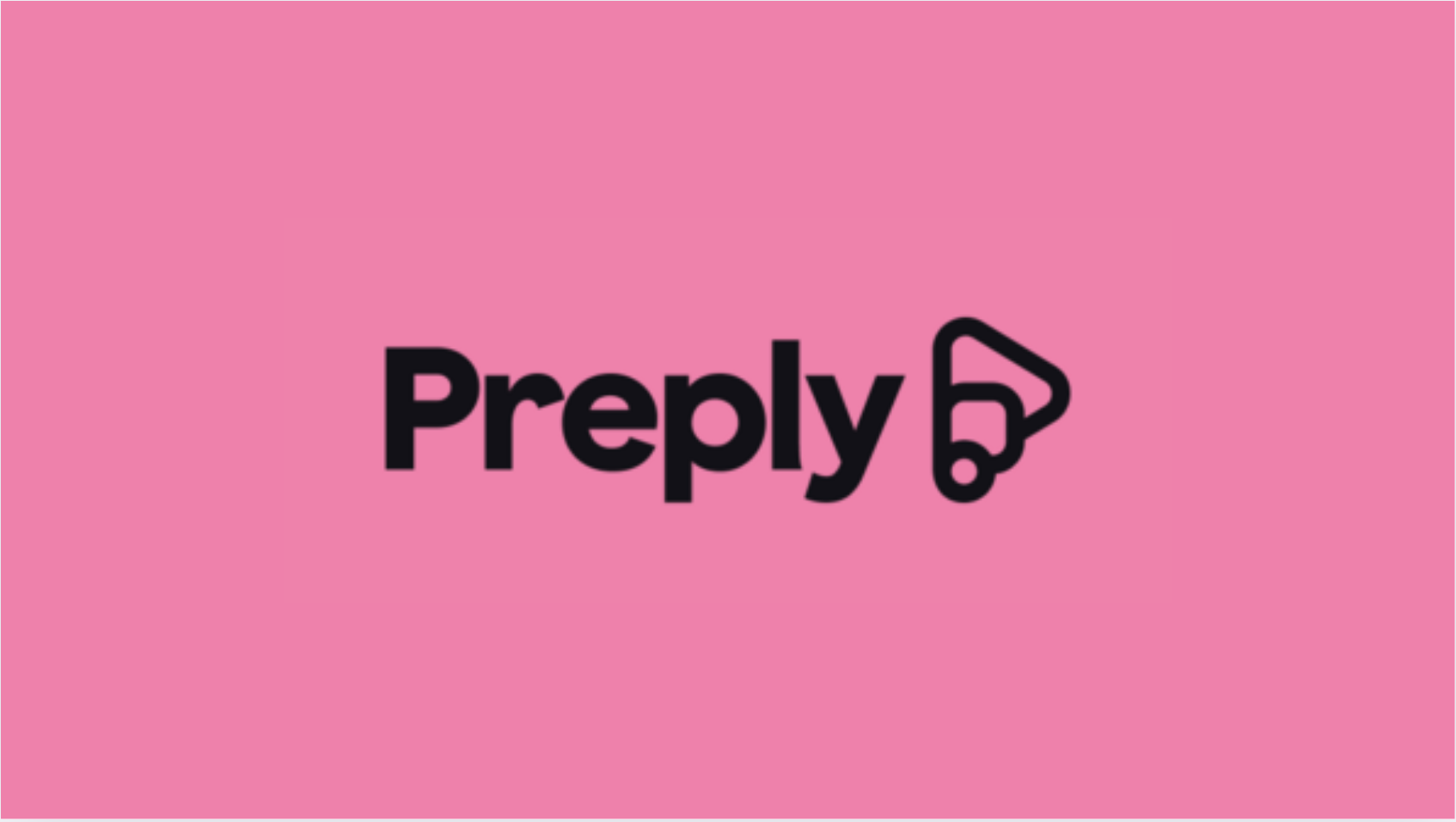
Platforms like Preplyare marketplaces for private language tutors. You pick a French teacher based on their experience, hourly rate, and teaching style.
Lessons happen over video calls and can be tailored to what you want: conversation, grammar help, exam prep, or just starting from scratch.
This is one of the most flexible options out there, especially if you want personal attention or need to fit lessons into a busy schedule.
Pricing: Prices vary from $5 to $50 per hour. Most tutors charge around $15–$20/hour.
Pros
- Personalized learning
- Flexible scheduling
- Learn at your own pace
Cons
- Quality varies by tutor
- Can be costly for regular lessons
Learning Structure & Difficulty: Fully customizable based on your level and needs. Suitable for beginners to advanced learners.
6. Duolingo
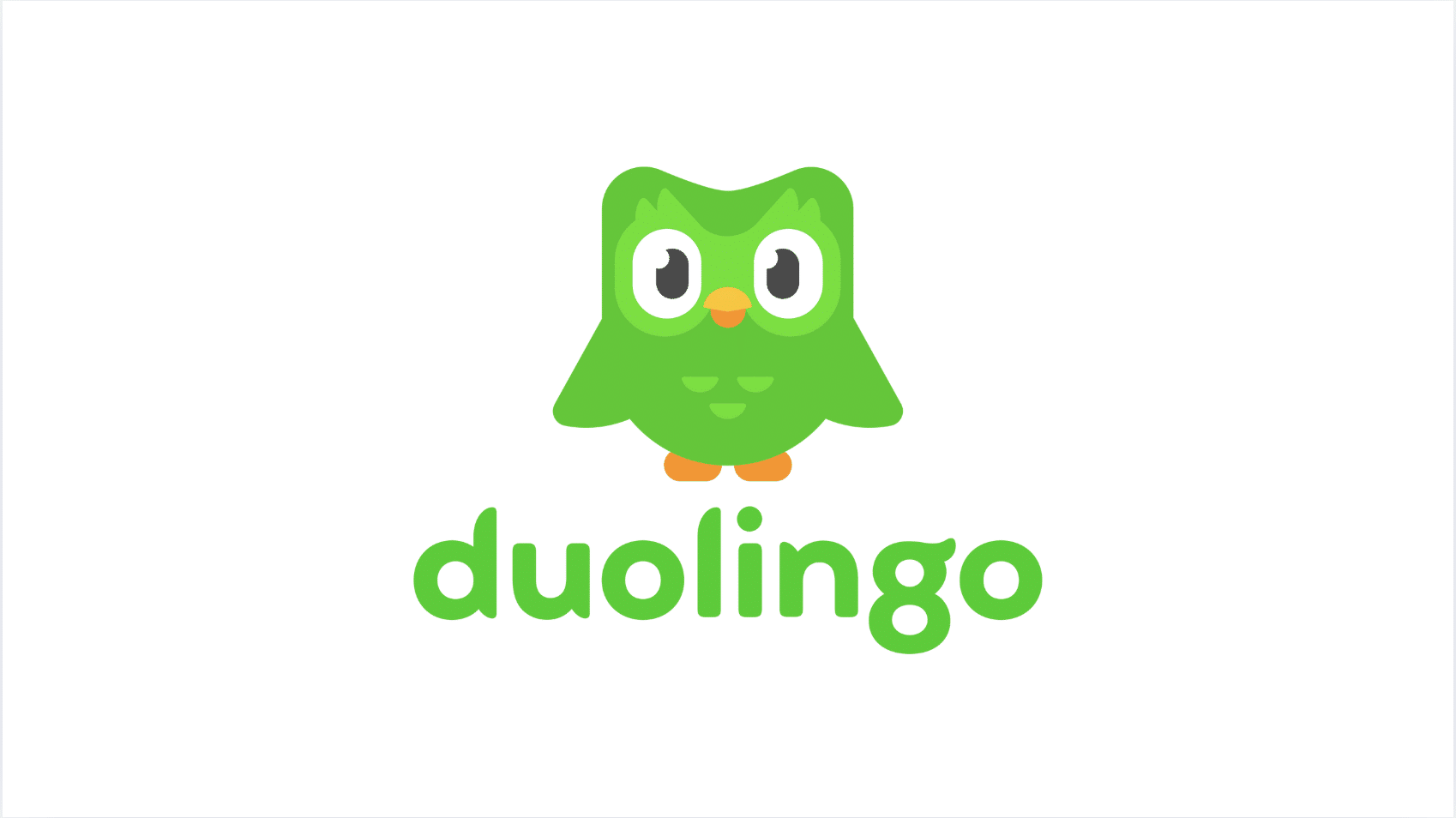
Duolingo teaches French through short, game-like lessons. You earn points and level up as you complete activities like matching words, typing translations, and repeating sentences.
It’s fun, simple, and easy to use, perfect for daily practice or beginners just starting out. The app also tracks your streaks and offers badges to keep you motivated.
While it’s not very deep, it helps build a strong base.
Pricing: Free to use. Duolingo Plus (ad-free) costs about $7/month.
Pros
- Fun and easy to use
- Great for beginners
- Encourages daily practice
Cons
- Repetitive at times
- Doesn’t teach full conversations or grammar deeply
Learning Structure & Difficulty: Game-like learning. Best for beginners and casual learners.
7. Coursera
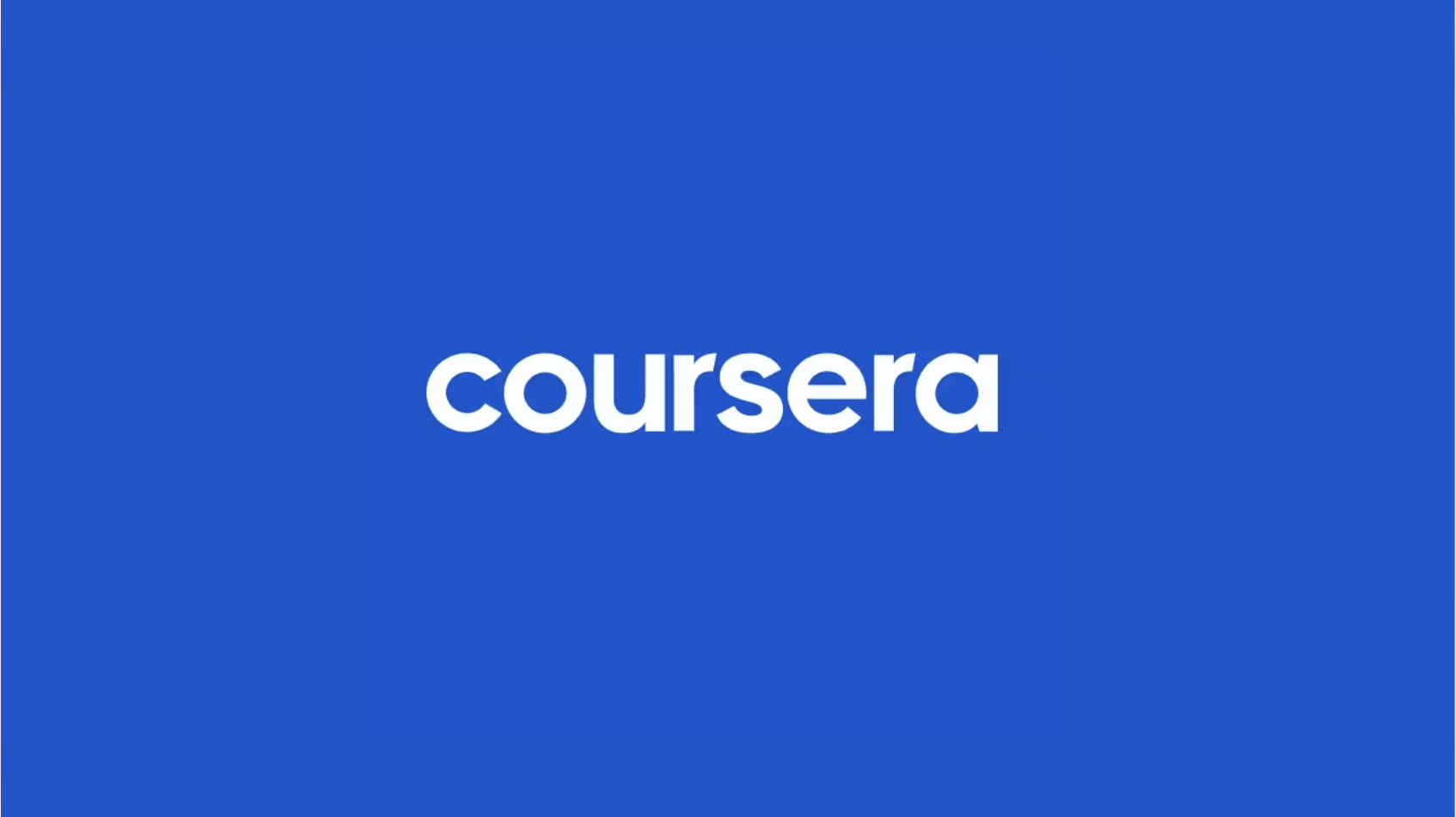
Coursera hosts online French courses created by universities and language experts. These are more formal and academic, with weekly modules, quizzes, video lectures, and optional certificates.
Some courses teach basic conversation, while others cover grammar and culture. This is a great choice for people who enjoy a school-like structure and want a clear learning path with deadlines and feedback.
Pricing: Free to audit. Certificates usually cost $49–$99.
Pros
- High-quality content
- Offers official certification
- Ideal for academic learners
Cons
- Less interactive
- It may be too formal for casual learners
Learning Structure & Difficulty: Structured like a college class with set deadlines. Best for beginners to intermediate learners who prefer academic learning.
The Right Program for You
With so many great options, picking the right French course can feel tricky. But it gets easier when you think about what works best for you.
The table below compares different learning needs with the programs that match them. Use it as a quick guide to help you decide.
| Your Learning Needs | Recommended Programs | Why It’s a Good Fit |
|---|---|---|
| I need a fixed schedule and a clear path | Alliance Française, Coursera | Offers live or academic-style classes with structure and deadlines |
| I want to learn at my own pace | Babbel, Rosetta Stone, Duolingo | Lessons can be done anytime, no pressure |
| I want to speak with real people | Preply | One-on-one video lessons with real tutors |
| I like fun, game-like learning | Duolingo, FrenchPod101 | Lessons feel casual, light, and easy to keep up with |
| I have a limited budget | Duolingo (free), FrenchPod101 (free tier) | Free or low-cost options to get started |
| I want an official certificate | Alliance Française, Coursera | Provides proof of learning, good for jobs or academic purposes |
| I prefer listening and learning on the go | FrenchPod101 | Audio-focused lessons you can do while walking, commuting, or doing chores |
No matter what your goal is, travel, work, or personal growth, there’s a French course out there for you.
Pick the one that fits your lifestyle, and stick with it. The most important part of learning is staying consistent and having fun along the way.
Tips for Success in Online French Learning
Learning French online can be exciting, but it also takes patience and routine. The good news is you don’t need to be perfect, just consistent.
Here are some easy tips to help you stay motivated, learn faster, and enjoy the process.
- Set a regular time for practice: Even 10–15 minutes a day is better than cramming once a week. Pick a time that fits your schedule and stick with it.
- Start small and build up: Don’t try to master everything at once. Focus on simple phrases first, then move to grammar and longer conversations.
- Mix your tools: Use more than one resource, like combining Duolingo for vocabulary with italki for speaking. Variety keeps things fun and balanced.
- Speak out loud often: Talk to yourself in French, even if it feels silly. Speaking helps you remember words and builds confidence.
- Don’t worry about mistakes: Mistakes mean you’re learning. Every error is a step forward, not something to be embarrassed about.
- Track your progress: Keep a notebook, checklist, or app log. Seeing your improvement keeps you motivated.
- Join a community: Join Facebook groups, Discord chats, or forums for learners. Talking to others makes it less lonely and more fun.
- Reward yourself: Set small goals and celebrate wins, like learning 20 new words or completing a full lesson week.
Final Thoughts
Learning French online is more doable than ever, thanks to the numerous helpful courses and tools available.
If you’re hoping to chat with locals in Paris, build your career, or simply try something new, there’s a program that can fit your needs, time, and budget.
The most important part isn’t choosing the perfect course; it’s finding one that keeps you coming back. Stay consistent, enjoy the process, and don’t worry about mistakes.
Each lesson takes you one step closer to understanding and speaking the language with confidence.












